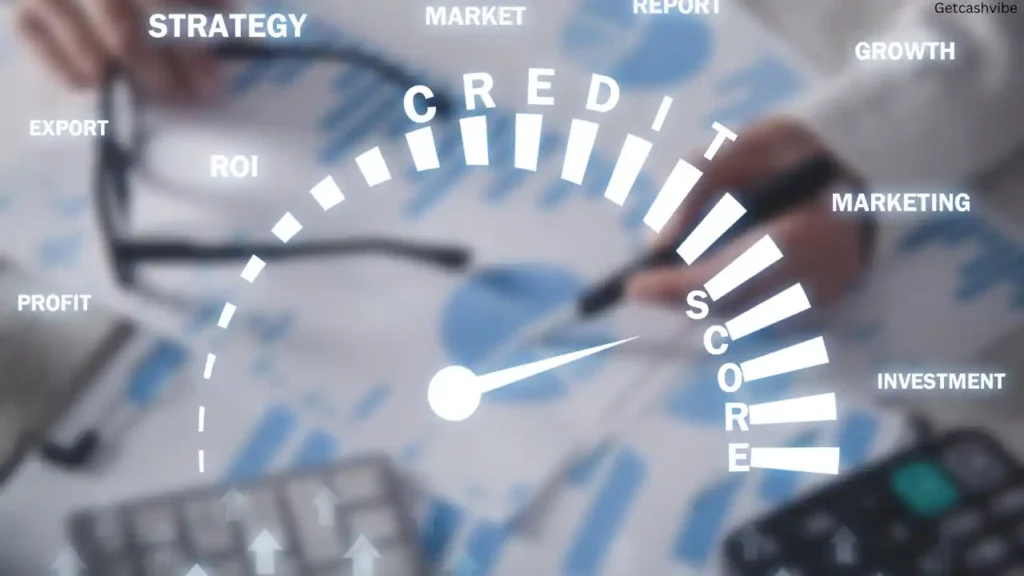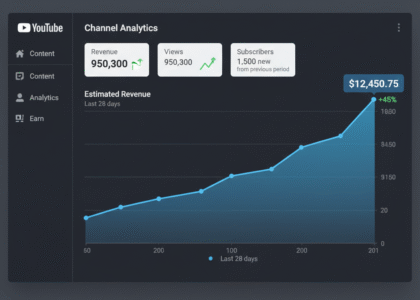Your credit score plays a vital role in your financial journey. Whether you’re planning to apply for a mortgage, secure a car loan, or qualify for lower interest rates, a strong credit score can make all the difference. If you’re wondering how to improve your credit score, you’re in the right place. In this article, we’ll explore proven tools and actionable strategies to help you boost your credit score and achieve your financial goals.
Why Your Credit Score Matters
Your credit score is more than just a number; it’s a snapshot of your financial reliability. Lenders use it to assess your ability to repay loans, landlords may check it before approving a lease, and even employers in certain industries might consider it during the hiring process. A higher credit score not only improves your chances of approval but can also save you money through lower interest rates and better terms.
If your credit score isn’t where you want it to be, don’t worry—there are effective tools and methods you can use to improve it over time.
1. Start with a Secured Credit Card

A secured credit card is one of the most straightforward tools to build or rebuild your credit. These cards require a refundable security deposit, which usually determines your credit limit. Using a secured card responsibly helps establish a positive payment history, a key factor in improving your credit.
Tips for Using Secured Credit Cards:
- Make small, manageable purchases each month.
- Pay off the full balance on time to avoid interest charges.
- Ensure the card issuer reports to all three major credit bureaus (Experian, Equifax, and TransUnion).
Popular options include the Discover it® Secured Credit Card and the Capital One Platinum Secured Card. Both offer features designed to help you track and improve your credit.
2. Consider a Credit-Builder Loan
A credit-builder loan is specifically designed to help you improve your credit score. Unlike traditional loans, you don’t receive the funds upfront. Instead, the money is held in a secure account while you make monthly payments. Once the loan is repaid, you receive the funds—and a positive payment history is reported to the credit bureaus.
Where to Find Credit-Builder Loans:
- Local credit unions
- Online platforms like Self or Credit Strong
These loans are particularly helpful for individuals with no credit history or those looking to rebuild after financial setbacks.
3. Use Rent Reporting Services to Improve Credit Score
If you’re a renter, your monthly payments can help improve your credit score. Rent reporting services allow you to report on-time rent payments to the credit bureaus, building a positive payment history.
Top Rent Reporting Services:
- RentTrack
- CreditMyRent
- PayYourRent
Check if your landlord or property management company participates in these services, or sign up independently to take advantage of this opportunity.
4. Become an Authorized User to Improve Credit Score

Becoming an authorized user on someone else’s credit card can give your credit score a significant boost, especially if the account is well-managed. As an authorized user, the account’s positive payment history and low credit utilization can reflect on your credit report.
Key Considerations:
- Choose a trusted individual with a strong credit history.
- Ensure the primary cardholder makes on-time payments and maintains a low balance.
This strategy works best as part of a broader plan to improve your credit score.
5. Monitor Your Credit Regularly
Credit monitoring tools are essential for tracking your progress and identifying potential errors on your credit report. Errors like incorrect account details or unauthorized activity can negatively impact your score.
Best Credit Monitoring Tools:
- Credit Karma (free monitoring and educational resources)
- Experian CreditWorks
- myFICO (detailed FICO score insights)
In addition to monitoring, make it a habit to review your credit report annually through AnnualCreditReport.com. If you spot errors, dispute them immediately to prevent further damage to your score.
6. Practice Smart Credit Utilization
Your credit utilization ratio—the amount of credit you use compared to your total credit limit—is another critical factor in determining your credit score. Aim to keep your credit utilization below 30% to show lenders you’re managing your credit responsibly.
How to Lower Credit Utilization:
- Pay off balances more frequently.
- Request a credit limit increase (if appropriate).
- Avoid closing old credit accounts, as they contribute to your total credit limit.
7. Automate Your Payments

Late payments can significantly harm your credit score, as payment history makes up 35% of your total score. Setting up automatic payments ensures you never miss a due date.
Additional Tip: If automation isn’t an option, set reminders on your phone or use budgeting apps to keep track of due dates.
Take Small Steps for Big Results
Improving your credit score is a gradual process, but consistency is key. By leveraging tools like secured credit cards, credit-builder loans, and rent reporting services, you can steadily boost your score and unlock new financial opportunities.
Conclusion
Your credit score is a critical component of your financial health, but improving it doesn’t have to be overwhelming. Start small by using proven tools and strategies, and watch your efforts pay off over time.
Discover more tips on achieving financial freedom! Explore GetCashVibe today and take control of your finances.






